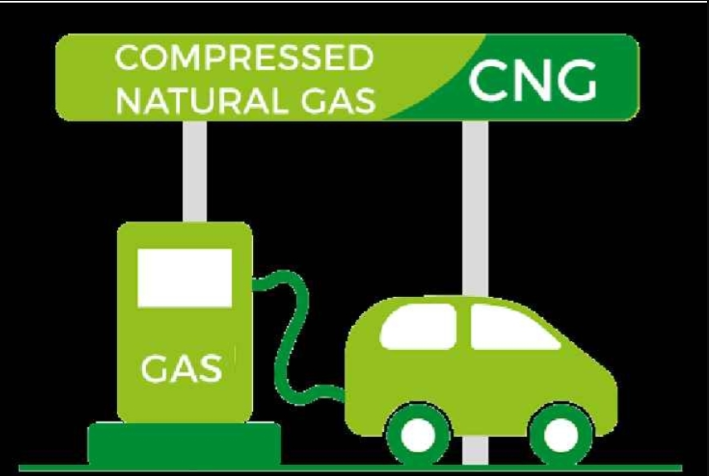The Federal Government of Nigeria has announced a $450 million initiative to convert petrol-powered vehicles to compressed natural gas (CNG) as part of its broader strategy to reduce reliance on petrol and promote cleaner energy sources. This move comes in response to the ongoing challenges of high fuel costs and environmental concerns following the removal of petrol subsidies earlier in the year
This ambitious project aims to support Nigerians grappling with the financial burden of expensive petrol. According to government officials, the conversion program will enable vehicle owners to switch to a more affordable and environmentally friendly energy source. CNG is considered a viable alternative, given Nigeria’s abundant natural gas reserves, which remain underutilized in domestic markets.
The Minister of State for Petroleum Resources noted that the program will prioritize commercial vehicles, including buses and taxis, to ensure immediate economic benefits for businesses and commuters. “This initiative is a step toward energy security and economic sustainability,” he said during the program’s unveiling.
To facilitate the transition, the government plans to establish CNG filling stations nationwide and provide subsidies for vehicle conversions. A pilot program has already begun in select states, with reports indicating positive reception among participants.
However, critics have raised concerns about the program’s feasibility. Experts point to the need for robust infrastructure, adequate funding, and public awareness to ensure the project’s success. Additionally, they emphasize the importance of addressing potential bottlenecks, such as a lack of skilled technicians and maintenance facilities for converted vehicles.
As the program gains momentum, it is expected to create jobs, reduce the nation’s carbon footprint, and alleviate economic pressures caused by volatile global oil prices. Stakeholders are optimistic that this initiative will mark a turning point in Nigeria’s journey toward a sustainable energy future.








